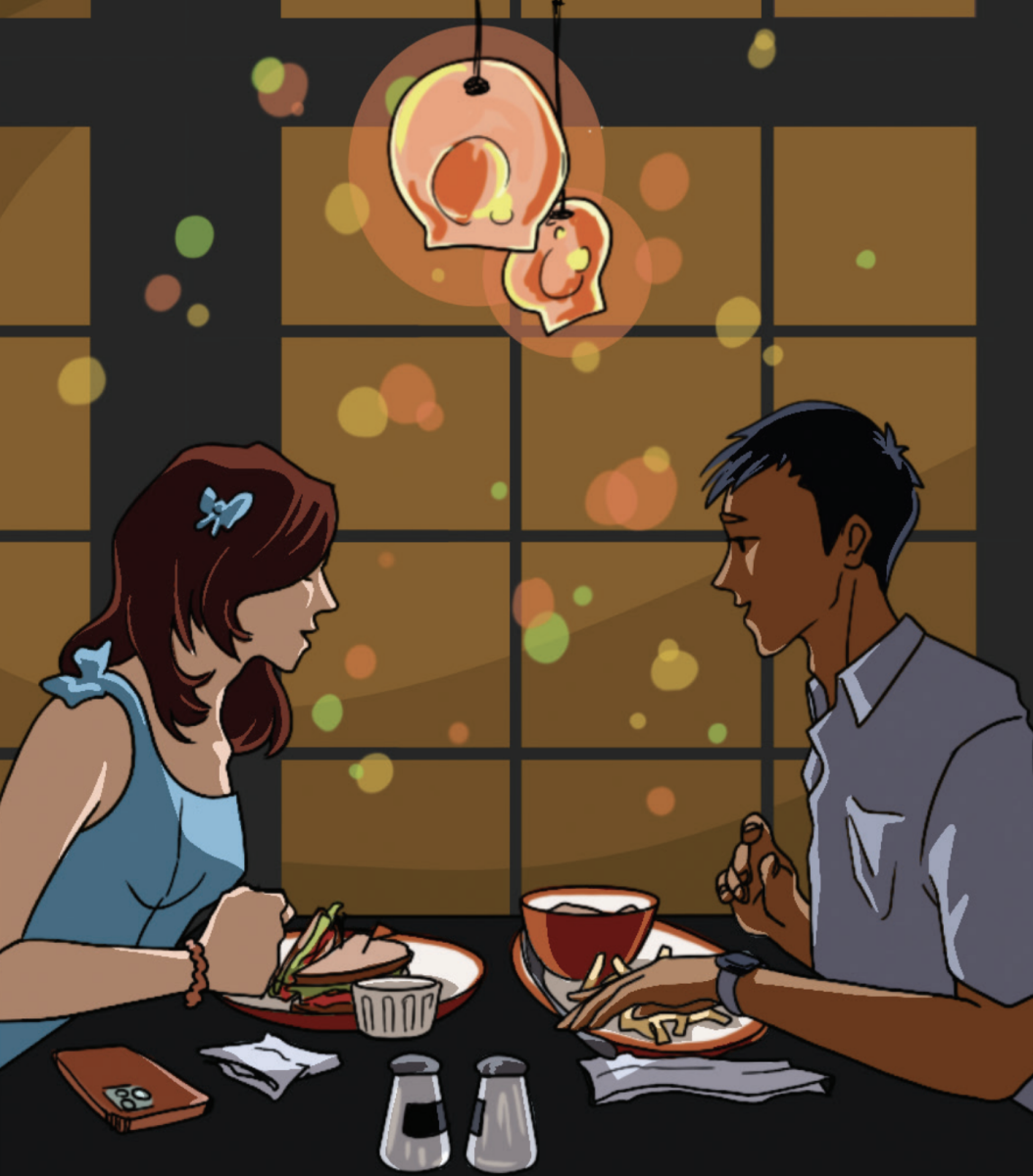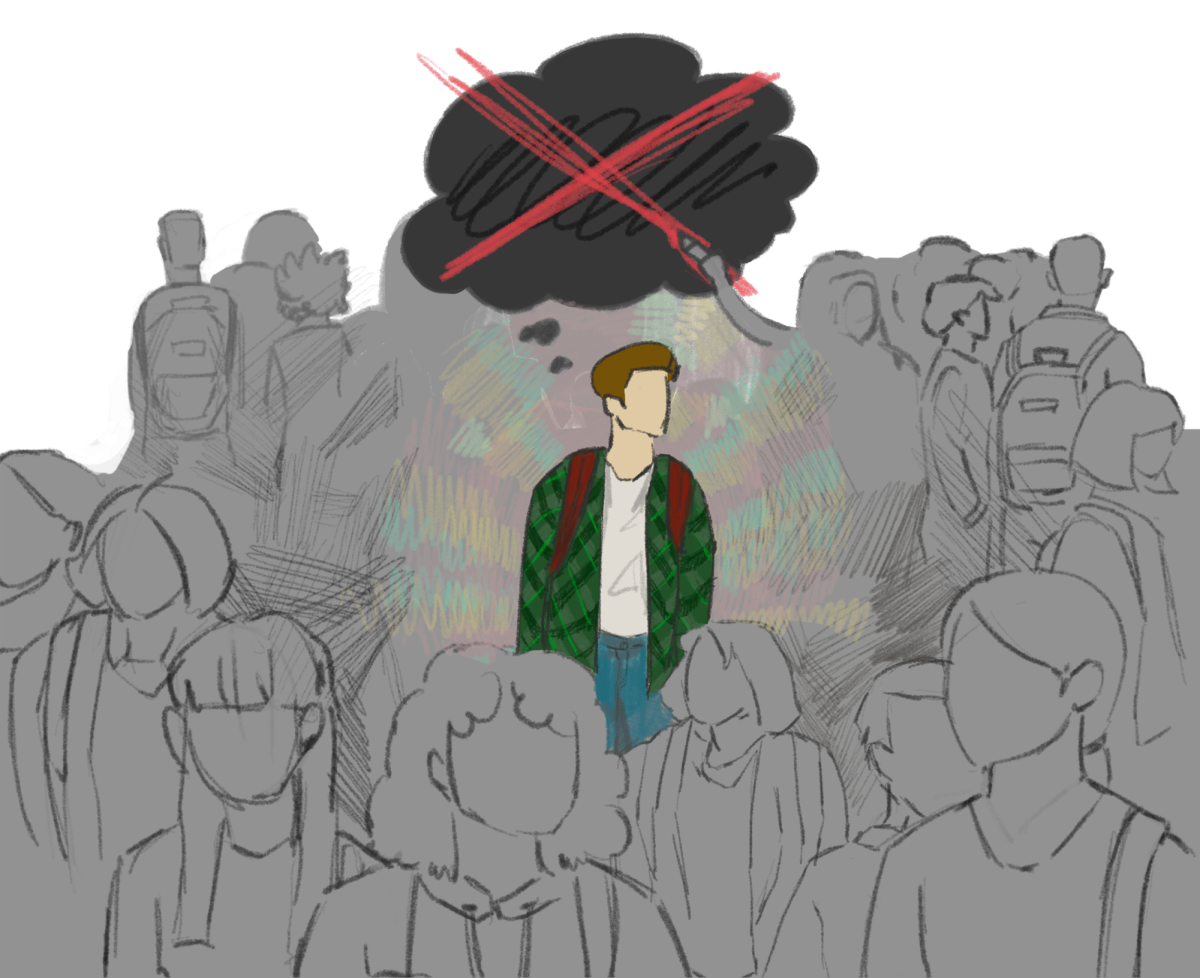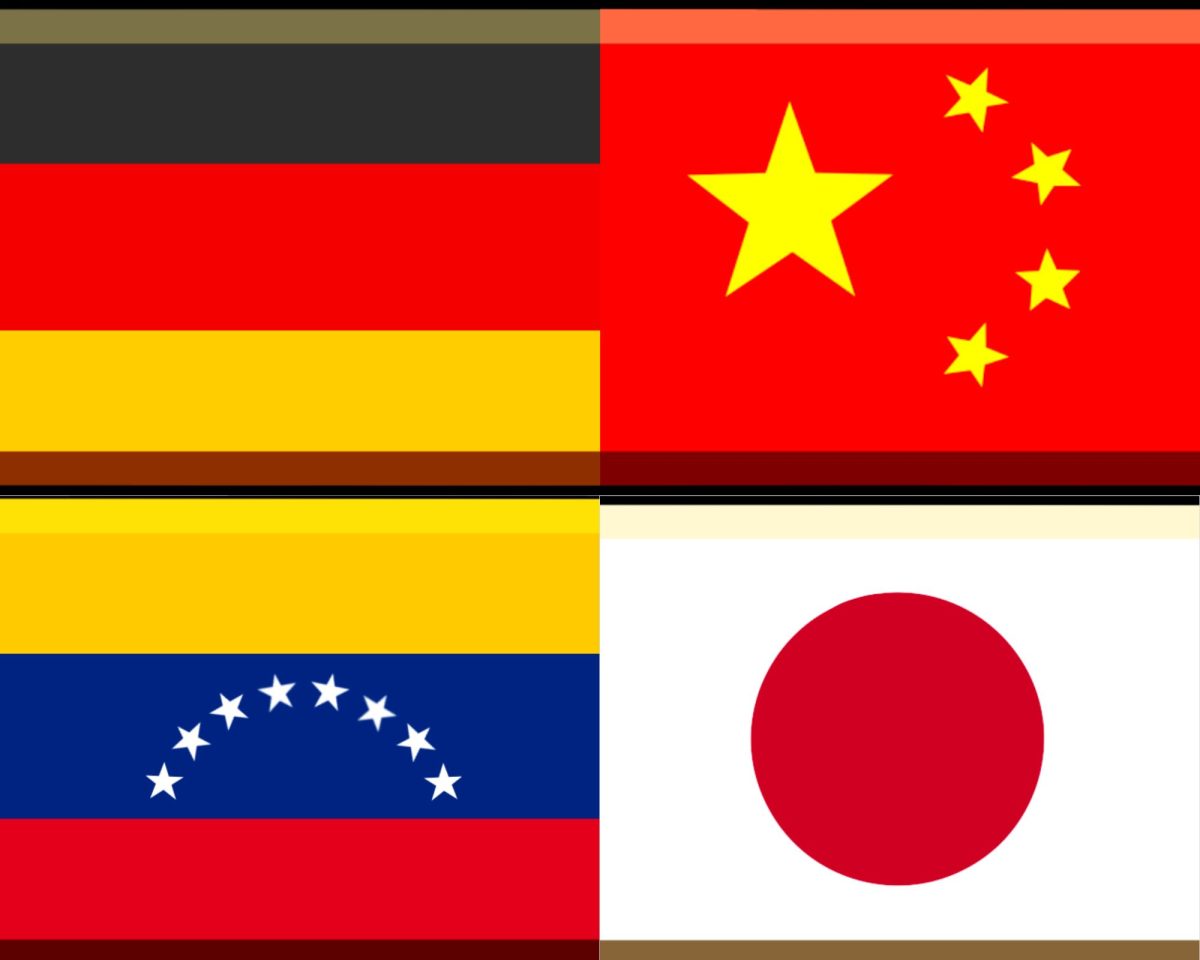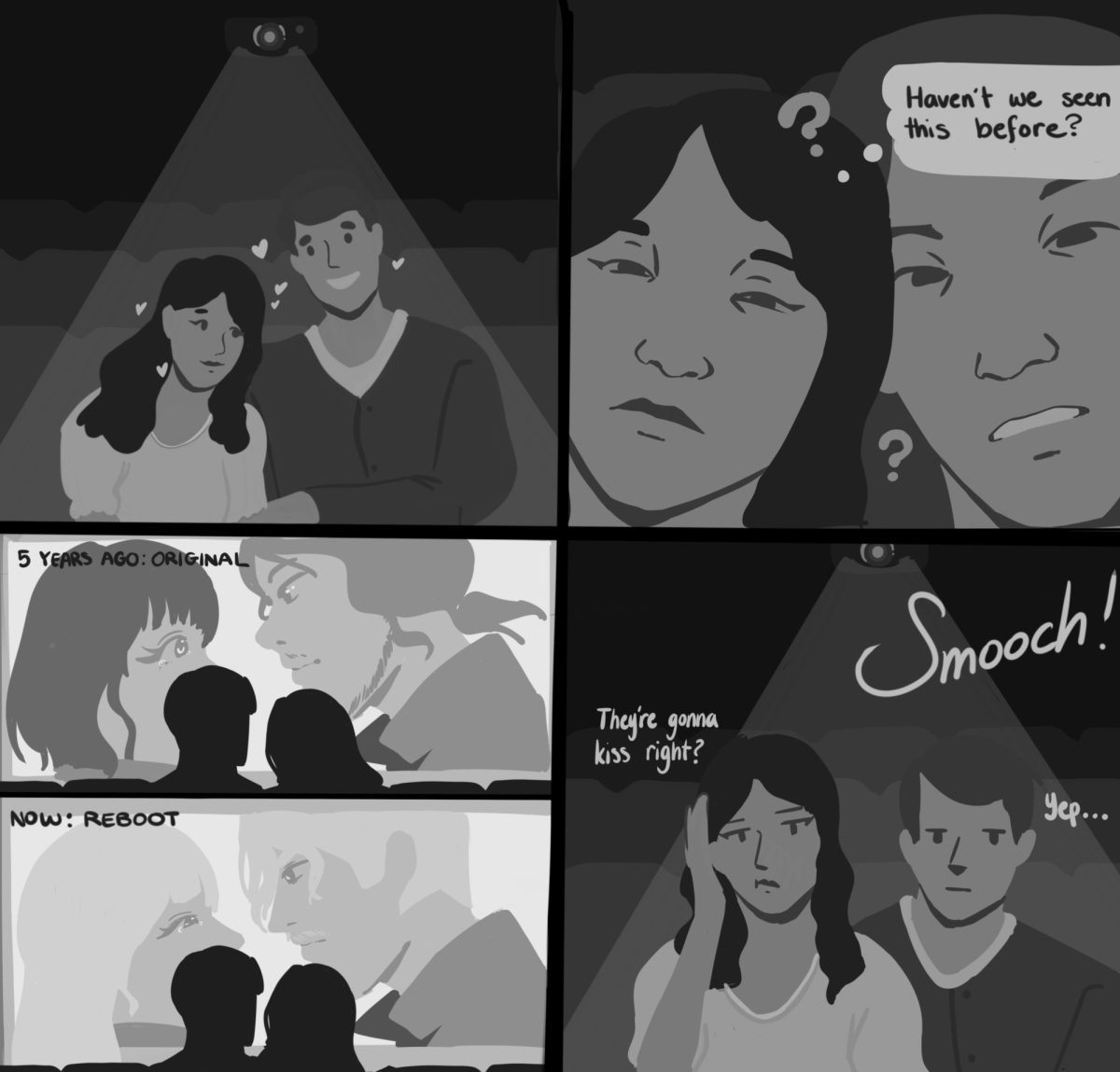Written by: Ben Atlas
While racism, sexism and other forms of prejudice can still be found in modern society, a new societal norm intended to combat these mindsets has created a problem of its own: political correctness. Political correctness is an attempt to make certain phrases, actions and events inclusive of every race, gender, religion and other majority and minority groups. Although this is certainly a noble goal, it is important to recognize when it has been carried too far. Political correctness has grown out of hand and needs to be reigned in; not only does it fail to eliminate prejudice, but it also makes such problems worse than they were in the first place.
Years ago, the term “Christmas break” was changed to “winter break.” This year in Rhode Island, a tree covered with lights and ornaments erected in a town hall was officially called a “holiday tree”—the very term “Christmas tree” was considered offensive. Earlier this month, candy grams were delivered with promised “nondenominational” holiday songs. It has become a taboo for teachers to wish their students a “merry Christmas,” for fear that catering to the majority could exclude the minority of students who do not celebrate Christmas. All of these events are evidence that political correctness has run amok.
Political correctness has and will fail to prevent offensive comments. A teacher’s casual “Merry Christmas” is not necessarily going to offend many people, if any, who do not celebrate that specific holiday. As long as it is not intended to exclude or offend, the vast majority of students who are not Christian will not perceive it as such. The fear is that the word “Christmas” creates happy and friendly feelings among people who celebrate it, and negative sentiments among those who do not. By the same logic, nearly every sentence could be construed as prejudiced in some way. The supposedly secular “happy holidays” ignores those who celebrate no holidays during the wintry months. A simple “I hope you all enjoy winter break” excludes pupils in schools who do not have winter break.
What level then, has censorship and fear of being accused of prejudice reached? Today, the word “Christmas” has acquired a negative connotation. Next, it will be the word “holiday,” or perhaps “winter break.” The fear of certain phrases and rhetoric being received negatively has reached a bizarre extent. No athiestic student will suddenly suffer an emotional breakdown upon receiving a well-intended “Merry Christmas.” Similarly, there would be no Christian who would suffer mental damage from a well-intended “Happy Hanukkah.” Thus, such minutia within rhetoric becomes irrelevant in terms of social inclusivity, and should not be censored as such.
Political correctness can also perpetuate the mindset it seeks to diminish. When Rhode Island named the tree in its city hall a “holiday tree,” i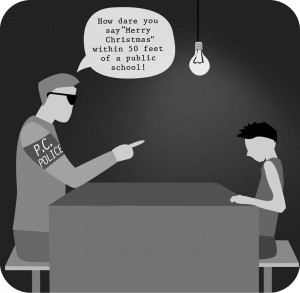 t immediately called attention to the fact that certain groups are not included within a “Christmas tree.” The requirement that the candy grams’ musical accompaniment be nondenominational only highlights the supposed need to avoid Christian or Jewish holiday songs. Both instances make any students not included in mainstream or common ethnic or religious groups feel more excluded than any Christmas song might. To alter the usual holiday sayings to more vague alternatives is to subtly state that those who are not Christian cannot share in the joy of anything called a Christmas tree, and must be specially accommodated as such.
t immediately called attention to the fact that certain groups are not included within a “Christmas tree.” The requirement that the candy grams’ musical accompaniment be nondenominational only highlights the supposed need to avoid Christian or Jewish holiday songs. Both instances make any students not included in mainstream or common ethnic or religious groups feel more excluded than any Christmas song might. To alter the usual holiday sayings to more vague alternatives is to subtly state that those who are not Christian cannot share in the joy of anything called a Christmas tree, and must be specially accommodated as such.
To clarify, the forces of prejudice are still perhaps stronger than the forces of political correctness. However, an attempt to inject universal design into every phrase remotely associated with winter holidays is misguided, because it simply cannot solve any of the problems it claims to. It creates a logic that indicts a great deal of benign terms and sentences as offensive. Perhaps worst of all, political correctness propagates the problems that it seeks to correct. Political correctness is born from guilt of potentially excluding people who are ethnically or religiously different than oneself. It is not the solution to lack of acceptance that lingers in the modern world.


